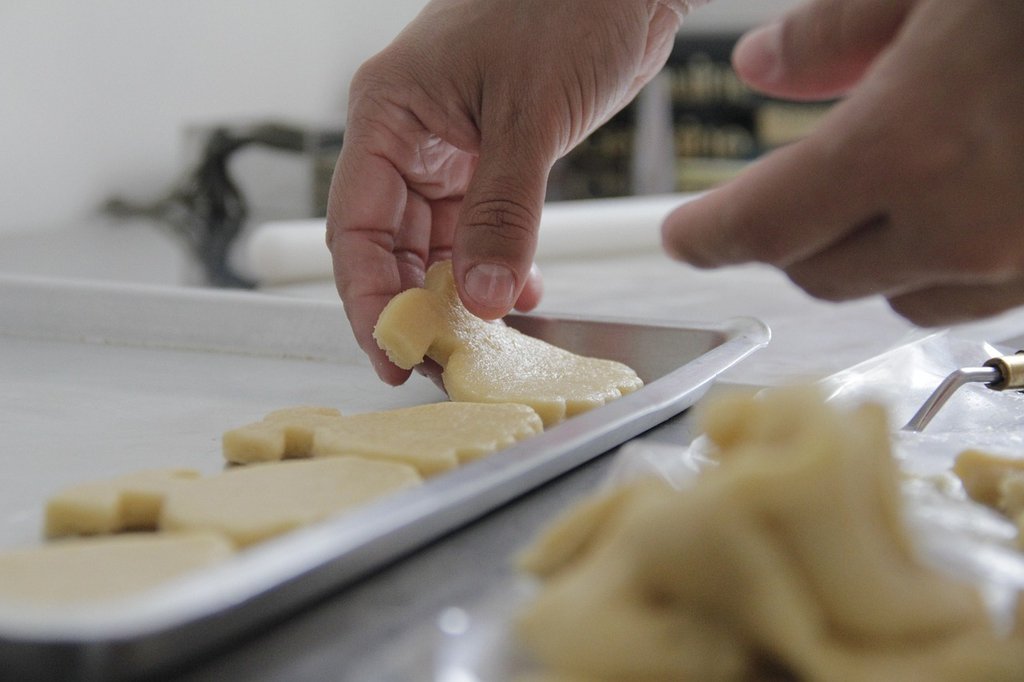Your Cart is Empty
FREE Worldwide Shipping! | +1 365 654 6605
FREE Worldwide Shipping! | +1 365 654 6605
October 17, 2023 4 min read

When it comes to making the perfect mashed potatoes, the right tools can make all the difference. Two commonly used tools for mashing potatoes are the food mill and the potato ricer. But can a food mill be used as a potato ricer? In this article, we will explore the differences between these two tools and determine whether a food mill can effectively replace a potato ricer. A food mill is a versatile kitchen tool that is commonly used for pureeing, straining, and mashing various ingredients. It consists of a bowl with small holes, a rotating blade or paddle, and a handle. The food mill works by passing the ingredients through the small holes, which helps to break them down into a smooth texture. While a food mill can be used to mash potatoes, it is important to note that it may not produce the same results as a dedicated potato ricer. The texture of the mashed potatoes may not be as light and fluffy, as the food mill does not have the same level of control over the size and consistency of the potato particles. A potato ricer, on the other hand, is specifically designed for mashing potatoes. It consists of a hopper with small holes and a plunger. To use a potato ricer, cooked potatoes are placed in the hopper and pressed through the small holes using the plunger. This process helps to create a smooth and fluffy texture, as the potatoes are forced through the small holes, breaking them down into fine particles. The potato ricer is often preferred for making mashed potatoes because it allows for precise control over the texture. The small holes in the ricer ensure that the potatoes are evenly and thoroughly mashed, resulting in a creamy and light consistency. While a food mill can be used as a substitute for a potato ricer, there are some notable differences in the resulting texture of the mashed potatoes. When using a food mill, the potatoes may have a slightly coarser texture compared to using a potato ricer. This is because the food mill's larger holes may not break down the potatoes as finely as the small holes in a ricer. Additionally, the action of forcing the potatoes through the small holes of a potato ricer helps to remove any lumps or fibers, resulting in a smoother and more uniform texture. A food mill may not be as effective in achieving this level of smoothness. When deciding whether to use a food mill or a potato ricer for mashing potatoes, there are a few factors to consider. Texture: If you prefer a lighter and fluffier texture, a potato ricer is the preferred tool. However, if you don't mind a slightly coarser texture, a food mill can still produce satisfactory results. Versatility: A food mill is a versatile tool that can be used for various purposes including pureeing and straining. If you often find yourself needing these functions in your cooking, a food mill may be a better investment for your kitchen. Ease of Use and Cleaning: Both a food mill and a potato ricer are relatively easy to use and clean. However, some people may find a potato ricer more intuitive and straightforward. Consider your personal preference and comfort level when using these tools. Experts and cooking enthusiasts have different opinions on whether a food mill can effectively replace a potato ricer for mashing potatoes. Here are a few perspectives: In conclusion, while a food mill can be used as a substitute for a potato ricer in mashing potatoes, there are some differences in the resulting texture. If you prioritize a light and fluffy texture, a potato ricer is the preferred tool. However, if you don't mind a slightly coarser texture, a food mill can still produce satisfactory results. Ultimately, the choice between a food mill and a potato ricer depends on your personal preference and the specific results you want to achieve. Consider the texture, versatility, and ease of use when making your decision. Whichever tool you choose, you'll be on your way to creating delicious and perfectly mashed potatoes. References:Understanding the Food Mill
The Role of the Potato Ricer
Comparing the Results
Factors to Consider
Expert Opinions
Conclusion
Be the first to know about upcoming sales and promos. Get a 10% discount coupon when you subscribe!